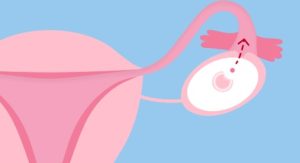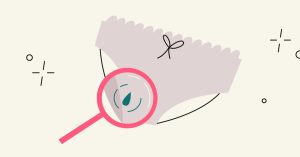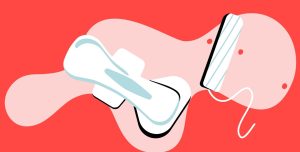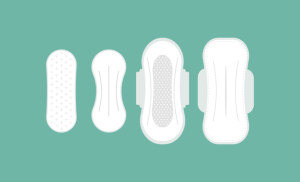You’re probably used to hearing about what you can eat during your period, but what about what you should avoid?
Contrary to popular belief, not all foods are created equal when it comes to dealing with menstrual cramps and other period-related symptoms.
To make things easy for you, we’ve put together a list of the top foods to avoid during your period, as well as a list of the best foods to eat. Keep these in mind next time you are grocery shopping or preparing a meal, and you’ll be on your way to feeling better in no time!
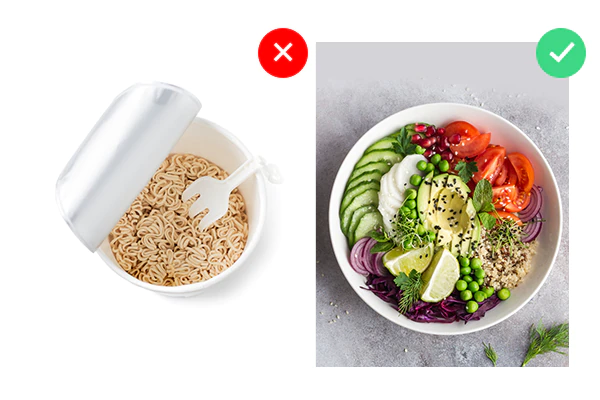
What Foods to Eat During Periods
There are a few things you should keep in mind when it comes to food during your period. For one, you’ll want to make sure you’re getting plenty of protein and fiber.
Protein helps keep you feeling full and can combat cravings, while fiber can help regulate your digestive system. Some good sources of protein and fiber include:
- lean meats
- nuts
- seeds
- whole grains
- fruits & vegetables
You’ll also want to make sure you’re staying hydrated, especially if you’re experiencing cramps or bloating. Drink plenty of water, herbal teas, or other hydrating fluids throughout the day.
And finally, try to avoid foods that can cause gas or bloating, like cruciferous vegetables, beans, and artificial sweeteners.
What to Eat to Ease Pain During Menstrual Cycles?
Apart from using the best pads for periods in Pakistan, it’s also important to make sure you’re eating right during your periods. Here’s the list of foods that can assist to lessen period discomfort is as follows:
- Bananas
They work wonders at easing menstrual cramps. As a result, they are high in fiber, aid in smooth bowel movements, and lessen digestive issues that may arise during periods. Additionally, they contain magnesium, which lessens the intensity of period pains.
- Lemons
These are potent sources of vitamin C, which helps your body absorb iron from the diet and distribute it to your cells and blood. Consuming lemon juice or lemon tea helps increase the body’s ability to absorb iron since menstruation causes blood loss. Your body experiences less stress as a result.
- Broccoli
Broccoli’s iron and fiber content might lessen cramping during periods. Plus, you won’t get iron deficiency anemia if you add lots of leafy greens such as broccoli to your diet.
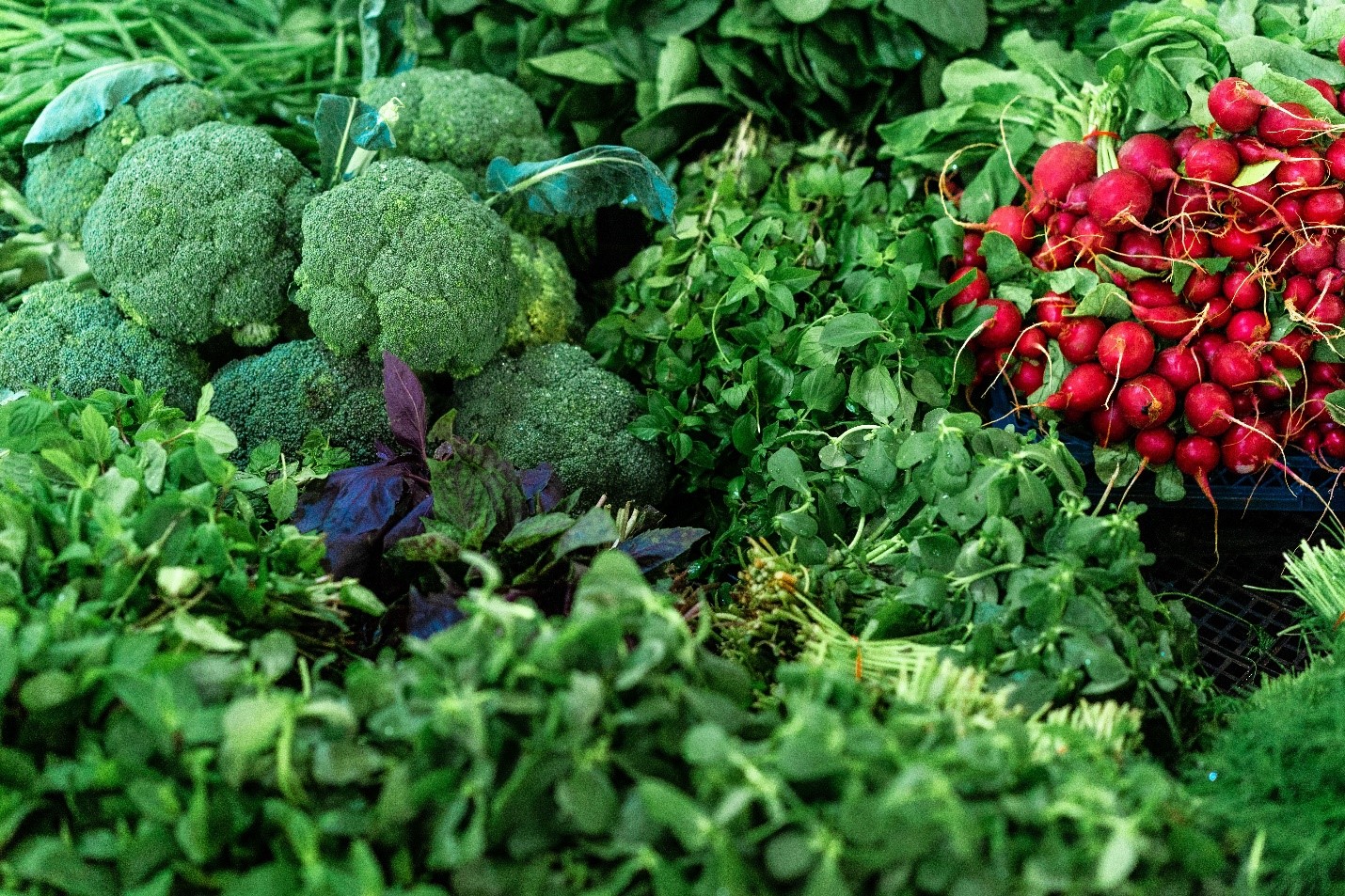
Foods to Avoid During Periods
There are certain foods you should avoid when you’re on your period. For one, steer clear of anything that’s high in sugar, as it can aggravate bloating and cramps. Also, avoid caffeine and alcohol, as they can both dehydrate you and make your symptoms worse.
Besides this, while on your period, your cravings for spicy and salty food may increase. A stomach upset brought on by eating too much spicy food might result in diarrhea, stomach discomfort, and nausea. Foods that are too salty induce water retention, which may lead to bloating.
It’s generally a good idea to eat light and healthy during your period. Stick to whole grains, fruits and vegetables, lean protein, and healthy fats. These foods will help to soothe your stomach and keep your energy levels up.
And, of course, don’t forget to choose the best sanitary pads in Pakistan to minimize period discomfort.
Which Iron-Rich Foods You Should Eat During Your Period?
You’re likely well-acquainted with the dreaded menstrual cramps, bloating, and general discomfort that often comes with getting your period. But, as we’ve told you already, what you eat can make a big difference in how you feel during your period.
Foods that are high in iron can help lessen the severity of your menstrual symptoms. Iron is essential for making hemoglobin, the protein in red blood cells that carries oxygen throughout the body. When you’re low on iron, your body has to work harder to produce enough oxygen-carrying red blood cells, which can lead to fatigue, weakness, and even more intense menstrual cramps.
That’s why it’s important to make sure you’re eating plenty of iron-rich foods during your period. Some good options include leafy green vegetables, lean protein sources like chicken or fish, and fortified breakfast cereals.
Calcium-Rich Foods for Women During Menstruation
During your period, consuming foods rich in calcium can be an important part of your diet. Calcium helps to reduce cramping and other abdominal discomfort associated with menstruation. Plus, calcium-rich foods help to regulate hormones and keep your bones strong.
Some of the best sources of calcium are dairy products like milk, cheese, and yogurt, as well as green leafy vegetables like kale and spinach. You can also get calcium from fish like sardines and salmon. Alternatively, opting for a calcium supplement can help make sure you’re getting the adequate amounts you need on a daily basis.
Benefits of Nutrients for Women During the Menstrual Cycle
Eating a nutritious and balanced diet is important during your menstrual cycle. Consuming certain nutrients can help to reduce PMS symptoms, support hormone balance and boost energy levels.
Magnesium-rich foods are great for helping your body cope with cramps and headaches, while also easing stress and fatigue. Foods like dark leafy greens, nuts, seeds, and whole grains are all rich in magnesium.
Eating plenty of calcium-rich foods is also essential for women’s health during their period, as calcium helps to maintain the strength of bones and teeth, as well as regulate the contractions of the uterus which can help to reduce pain. Some excellent sources of calcium include non-dairy milk alternatives (like soy milk), tofu, and sardines.
Filling up on fresh fruits and vegetables is also a great way to ensure that you’re getting all the vitamins and minerals your body needs during your period. Eating a diet rich in B vitamins (found in fish, eggs, nuts, and legumes) can help reduce fatigue and maintain energy levels throughout the day.
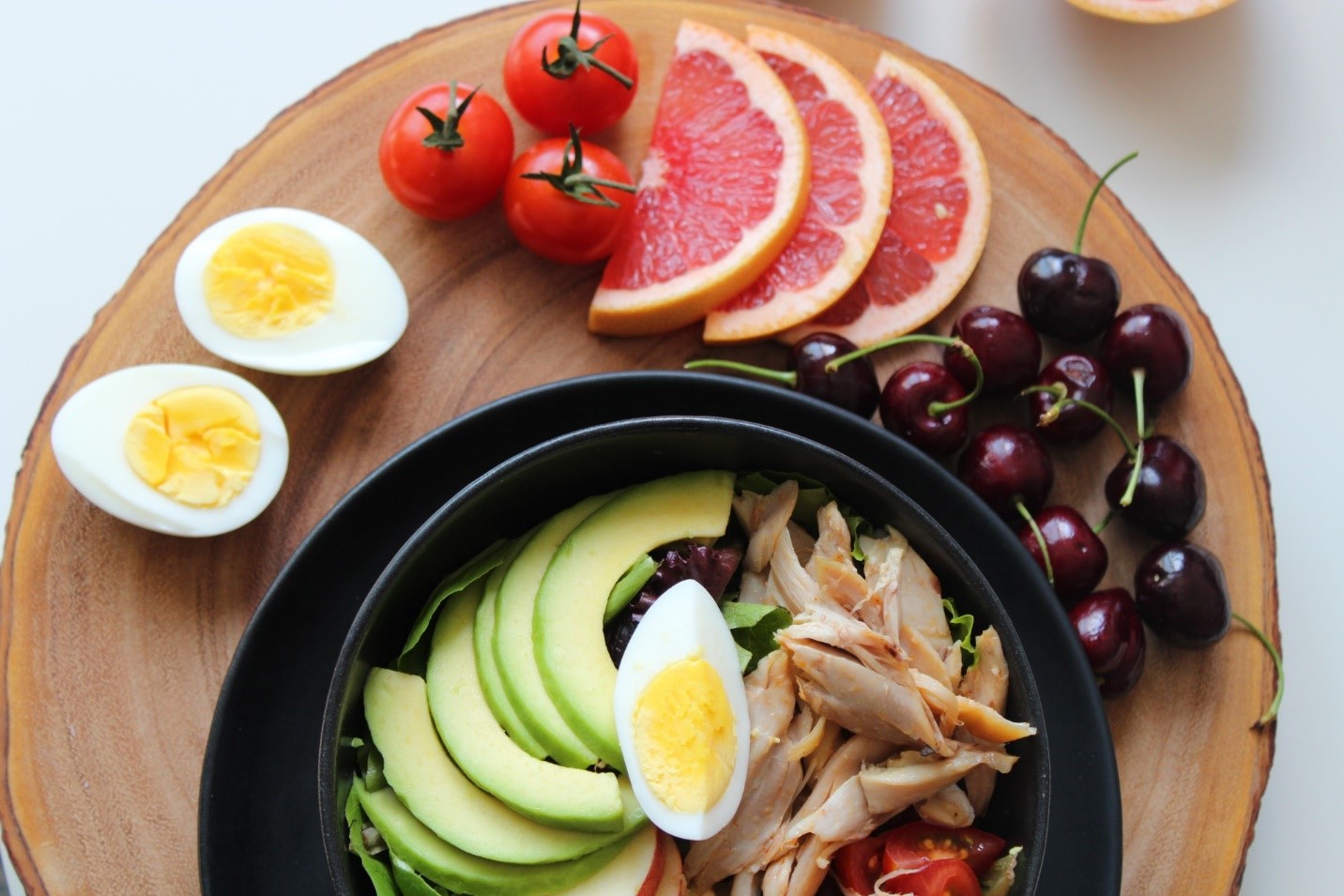
Dehydration and Cravings During Menstrual Cycles
Dehydration and cravings can be common occurrences during menstrual cycles. To prevent dehydration, make sure you are drinking enough fluids—at least two liters per day. Avoid drinks containing caffeine or alcohol, as they can increase dehydration. You should also limit your intake of high-sodium foods, like chips or fast food, as they can contribute to dehydration.
Cravings are also common during periods, but indulging in them isn’t always the best option! Instead, focus on eating nutritious snacks like fruits and vegetables, whole grains and nuts, and seeds for sustained energy throughout the day. Eating a balanced diet rich in vitamins and minerals is the key to managing cravings and keeping energy levels up during periods.
All in all, making particular dietary habits will help you maintain your health when you are menstruating. Consider including fruits and leafy green vegetables in your regular diet. Additionally, eat more iron-rich foods, such as shellfish and peas, to control blood loss during periods.


